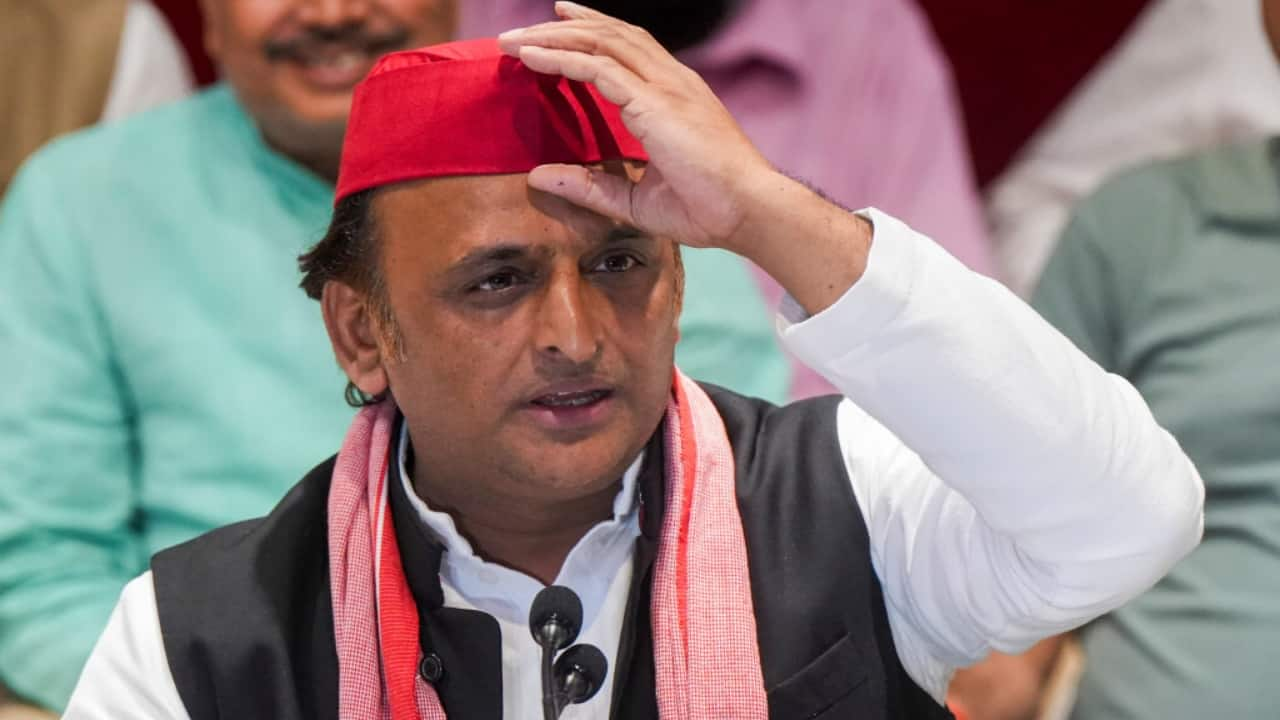There are no shortcuts to getting rich, Nithin Kamath has said. The Zerodha co-founder revealed that he often got asked for “stock tips, something that will make people rich.”“Unfortunately, there are no shortcuts to getting rich.
It takes good habits and patience,” he wrote on X. He pointed out the common financial mistakes many Indians make – buying things they don't need, worse still on borrowed money, and ignoring the importance of health insurance.“Things like these can really hold you back,” he added.

I often get asked for a stock tip, something that will make people rich. Unfortunately, there are no shortcuts to getting rich. It takes good habits and patience.
Things like buying stuff you don't need, or worse, borrowing to buy them. The other big one is not having health..
. pic.twitter.
com/qWYaDuhZKe— Nithin Kamath (@Nithin0dha) April 10, 2025Kamath’s tweet was accompanied by a video featuring Prateek Singh, CEO of LearnApp and Zero1 by Zerodha. The video dismantles conventional financial advice and challenges the paycheck-to-paycheck mindset plaguing many middle-class earners.Singh opens the video critiquing the typical life script: study, get a job, take a loan, buy a house – just to impress.
“This is terrible advice,” he says, calling it a “never-ending loop.”He said that most people don’t treat their salaries as a means to grow wealth. Instead, they treat it like a recurring waterfall of money meant to be spent.
The trap? Spending everything you earn, every month, with no backup.His solution is to start by tracking every expense – every snack, party, and online order. “Cut out the extras.
I know you know what I’m talking about,” Singh said, urging viewers to reduce monthly spending by just 1%. That small amount, say Rs 500 a month, if invested smartly, can trigger a saving habit that compounds over time.He busts another common myth that investing is the first step to financial freedom.
“Investing is not as important as creating your own emergency fund,” he said.He explained that most people working in high-stress jobs and having EMI-driven lives don’t have savings to last even a month if they lose their income. The first goal, he said, should be to save six months' worth of expenses in a separate, not-easily-accessible fund.
“This is your new superpower. It will reduce your fear because you have six months of backup. Your work will actually get better.
”The video also raises a red flag on the skyrocketing cost of healthcare in India. “Most people don't become poor because they made less money. They become poor because one single event put them back five years,” Singh notes.
He talked about the need for every young earner to get health insurance, calling it a vital layer of financial safety.Singh also broke down our psychological urge to spend. He connected our modern-day consumerism to ancient tribal instincts – how people once sought social status through strength and alliances, now replaced by material possessions.
“You do social signalling with the iPhone, with the car, with the house. You tell the tribe, hey, you should continue to be my friend because well, I have all these things,” he explained. Marketers exploit this instinct, leading people to buy things they can't afford.
Singh then introduced the debt-to-income ratio calculator. It helps individuals understand what percentage of their income is being lost to EMIs. “When you're paying in EMI, you don't own what you've bought.
The bank or the credit card company owns it,” he said, adding, “All that hard work you're putting on that project at work, you're actually earning for someone else and not yourself.”While most experts set a safe EMI limit at 36% of your income, Singh argued even 20% is too high. “Why do you want to buy stuff more than one fifth of your salary?” he asked.
Investment Banker Flags 'Most Common' Property Fraud In India—How Home Buyers Can Protect Money. Read more on Personal Finance by NDTV Profit..
Business

No Shortcuts To Getting Rich: Nithin Kamath’s New Post Focuses On Middle-Class Money Trap

Nikhil Kamath revealed that he often got asked for “stock tips, something that will make people rich.”














